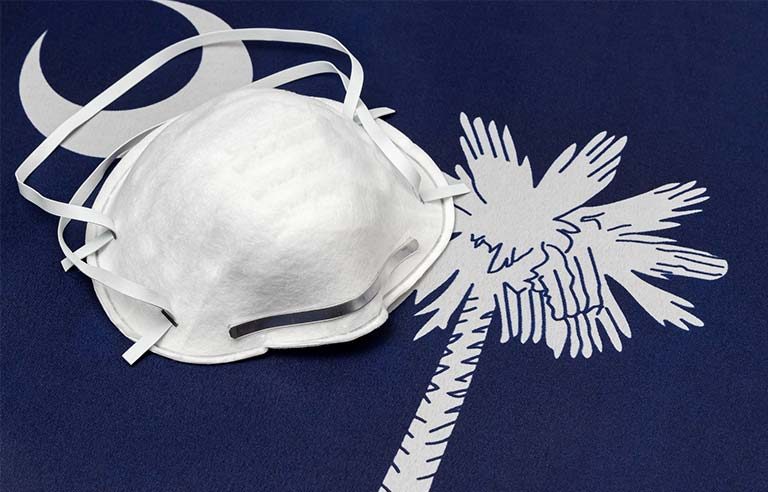South Carolina OSHA plans to adopt an infectious disease standard

Columbia, SC — South Carolina OSHA has announced its plan to adopt a standard on infectious diseases in the workplace, including COVID-19.
The standard will be “an alternative” to federal OSHA’s emergency temporary standard on COVID-19 focused on health care workers, which went into effect June 21.
SC OSHA operates under OSHA’s State Plan program, so its standards must be “at least as effective as” federal standards, meaning they can be more stringent but not less stringent.
“SC OSHA made the decision to create an alternative standard following input from South Carolina stakeholders, a review of SC OSHA’s COVID-19 compliance data (i.e., health industry-related fatalities, hospitalizations, complaints and inspections), and data received from the SC Department of Health and Environmental Control and the Centers for Disease Control and Prevention,” a July 20 press release states.
SC OSHA says it will notify employers and others on its website and social media platforms when the standard is adopted. It also will provide compliance assistance through its Standards Office, along with consultation and training services.
“This approach acknowledges the issues previously seen during the pandemic; recognizes the progress made during this time; and anticipates the growing need for stability among employers, employees and the public when dealing with similar situations,” SC OSHA Deputy Director Kristina Baker said in the release. “This alternative approach will place significant focus on employer assessment and allow flexibility as the pandemic has proven to be both fluid and unpredictable. SC OSHA continues to monitor the ongoing situation involving COVID-19 and its effects on the employers and employees of the state of South Carolina and vows to make and communicate appropriate changes to this current course of action.”
Post a comment to this article
Safety+Health welcomes comments that promote respectful dialogue. Please stay on topic. Comments that contain personal attacks, profanity or abusive language – or those aggressively promoting products or services – will be removed. We reserve the right to determine which comments violate our comment policy. (Anonymous comments are welcome; merely skip the “name” field in the comment box. An email address is required but will not be included with your comment.)

